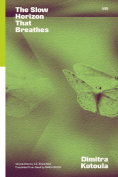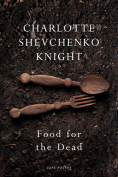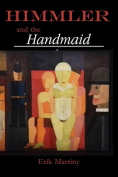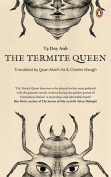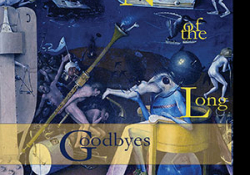Himmler and the Handmaid by Erik Martiny
 St. Paul, Minnesota. River Boat Books. 2023. 409 pages.
St. Paul, Minnesota. River Boat Books. 2023. 409 pages.
There has been an astonishing resurgence of Nazis in recent years, in the books we read, in the films we watch, even in our political spheres. Erik Martiny’s novel is evidence of that phenomenon, and in this case it is not just any Nazi but Heinrich Himmler himself, second only to Hitler in terms of the power he wielded. Yet the rhetorical order of Martiny’s title is a bit misleading, for this book focuses less closely upon Himmler than on the handmaid who serves him in Wewelsburg Castle. Her name is Ewa. We learn that she was abducted in her midteens from her home in Poland and pressed immediately into the service of the German state.
The diary that she kept from the winter of 1940 to the summer of 1941 forms the bulk of this novel. It is framed by a prologue and an epilogue, provided by a man who claims to have located the diary in the nether reaches of the dark web. He is a long-retired professor of history, a Holocaust survivor, and a self-confessed Nazi fetishist. He presents the survival of Ewa’s diary as “an unexplained mystery” while simultaneously swearing to its authenticity. Brought to Wewelsburg initially because of her strikingly pure Germanic features, Ewa feels herself nonetheless to be “a Polish blot in this neat Aryan stronghold.” She conceives a real affection for a forced laborer known as “Prisoner 8,” while Himmler, fueled by the aptly named drug Pervitin (an early form of methamphetamine), attempts to force himself upon her.
Some readers will undoubtedly bridle at Ewa’s perception of “the drollery of the situation”; others will certainly be chilled when Himmler informs her that she will be “a goddess of bounty within our midst.” Those are not the only disquieting moments in this novel. Perhaps most alarming of all is the way Ewa’s account breaks off with no explanation in the summer of 1941, while she asks herself what became of her parents, whether they are dead or deported, and as she wonders, too, what will become of herself and of the child that is growing in her womb. For clearly, at that juncture, Ewa’s prospects seem very bleak indeed.
Warren Motte
University of Colorado Boulder













